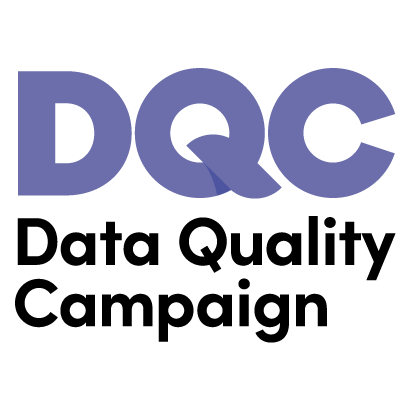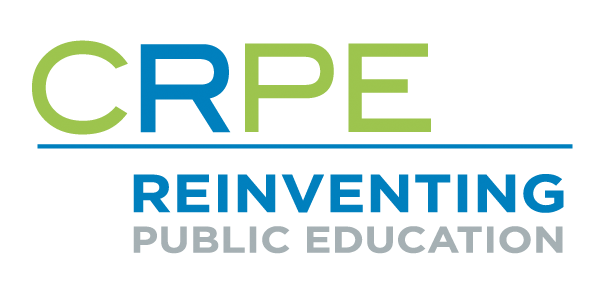The Massachusetts Department of Elementary and Secondary Education (DESE) has chosen a math acceleration program that it is inviting school districts to implement. Math Acceleration Academies will offer four-plus hours of in-person math instruction for one week per student.
The state intends for these academies to occur during vacation weeks throughout the school year. Class sizes must be between 10-12 students, and each teacher teaches the same students every day in order to create continuity. Math Acceleration Academies are required to use multiple forms of assessment to monitor student progress and enable teachers to tailor lessons for the week to meet the needs of the students they are serving. Each teacher serving in an academy receives a stipend of $3,000-$3,500. The Massachusetts Department of Elementary and Secondary Education is providing grant recipients with a Math Acceleration Academy Guidebook to assist with implementation.
We are spotlighting this practice because DESE decided upon a specific, evidence-based intervention program, is using recovery funds to recruit educators for it, and is providing guidance to districts in order to be able to implement the Math Acceleration Academies with fidelity.





